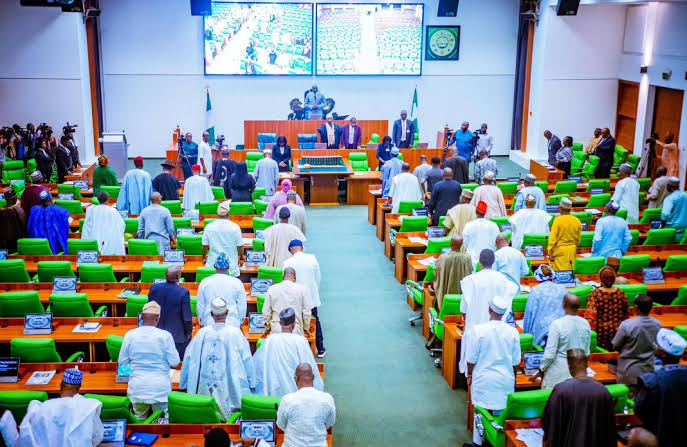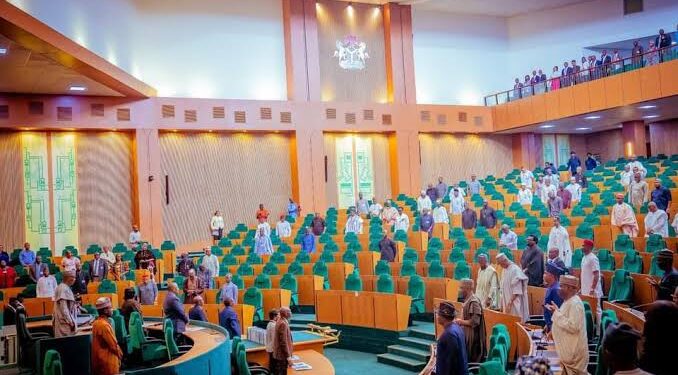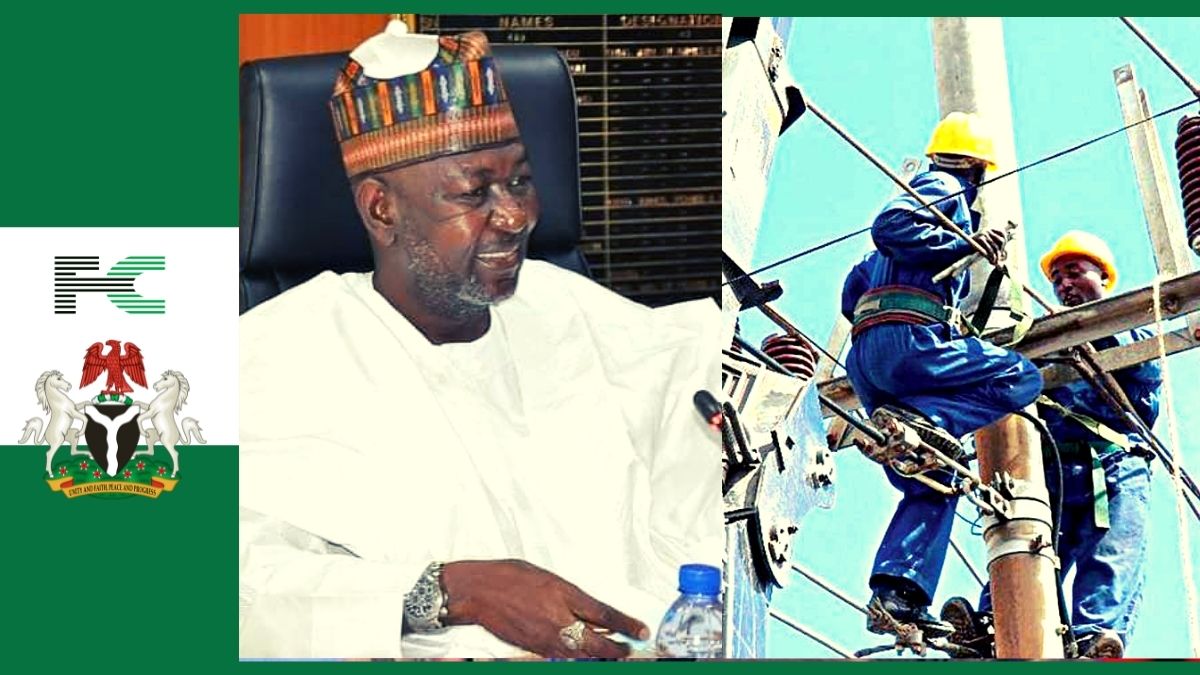The Senate has approved President Bola Tinubu’s request for a ₦1.77 trillion ($2.2 billion) external loan to help finance Nigeria’s ₦9.7 trillion budget deficit for the 2024 fiscal year. The decision was made through a voice vote after the Senate Committee on Local and Foreign Debts, chaired by Senator Wammako Magatarkada, presented its report.
Loan’s Impact on Debt Servicing
The new loan is expected to add to the already rising costs of debt servicing. According to the Central Bank of Nigeria (CBN), the Federal Government spent $3.58 billion on foreign debt servicing during the first nine months of 2024, a 39.77% increase from $2.56 billion in the same period in 2023.

Monthly Breakdown of Debt Servicing
The CBN report revealed the following trends:
– January 2024: A 398.89% increase to $560.52 million (from $112.35 million in January 2023).
– February: A slight 1.84% decrease to $283.22 million (from $288.54 million).
– March: A 31.04% drop to $276.17 million (from $400.47 million).
– April: A sharp 131.77% rise to $215.20 million (from $92.85 million).
– May: The highest monthly payment, $854.37 million, reflecting a 286.52% increase from $221.05 million in May 2023.
– June: A 6.51% decline to $50.82 million (from $54.36 million).
– July: A 15.48% reduction to $542.50 million (from $641.70 million).
– August: A 9.69% decrease to $279.95 million (from $309.96 million).
– September: A 17.49% rise to $515.81 million (from $439.06 million).
Growing Concerns
The rising cost of foreign debt servicing, coupled with fluctuations in exchange rates, highlights Nigeria’s mounting debt obligations. This trend underscores concerns about the long-term sustainability of the nation’s borrowing strategy.
Bottom Line
Nigeria’s increasing reliance on external borrowing poses significant challenges for fiscal stability. While the newly approved loan aims to address immediate budgetary shortfalls, its impact on the country’s debt servicing burden calls for urgent fiscal reforms to ensure sustainable economic growth.

















